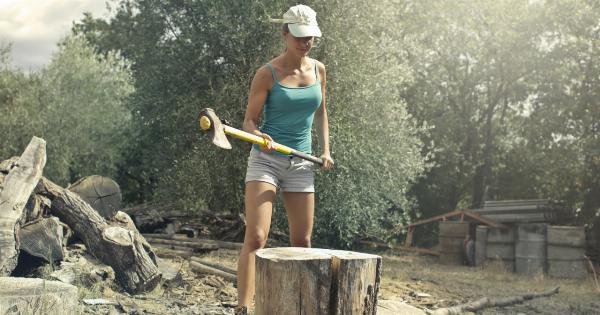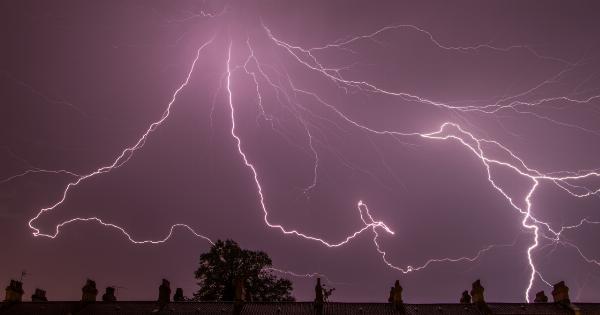Whether you’re an experienced adventurer or a newbie to the outdoors, one thing is for certain: proper use of your gear is absolutely essential. The right tools and equipment can make your outdoor excursion safe and successful.
In this article, we’ve gathered expert tips on how to use outdoor gear properly so you can have an enjoyable experience exploring nature.
Clothing: Layering for Comfort and Protection
When it comes to outdoor clothing, layering is key for both comfort and protection. Base layers are your next-to-skin layer and should be moisture-wicking to keep you dry and comfortable.
Mid-layers, such as fleece or synthetic insulation, provide warmth and insulation. Outer layers, like a waterproof and breathable shell, protect against wind, rain, and snow.
Another important factor in clothing is fit. Ill-fitting clothing can restrict movement and create discomfort, so consider trying on multiple sizes or styles before purchasing.
It’s also important to make sure your clothing is appropriate for the activity you’ll be doing and the climate you’ll be in. For example, if you’re climbing a mountain, you’ll want to wear breathable fabrics that allow for freedom of movement.
Tents: Setting Up for a Good Night’s Sleep
When setting up your tent, it’s important to first choose a suitable location. Look for level ground and consider factors like wind direction and potential hazards like falling objects or flash floods.
Once you’ve found a good spot, clear the ground of any rocks, sticks, or other sharp objects that could damage your tent or sleeping pad.
When assembling your tent, be sure to follow the manufacturer’s instructions carefully. This will help ensure that your tent functions properly and that all parts are securely attached.
Additionally, make sure your tent is properly guyed out to prevent it from blowing away in high winds.
When it comes to sleeping in your tent, it’s important to use a properly rated sleeping bag and sleeping pad to keep you warm and comfortable.
Make sure your sleeping bag fits properly and that you’re dressed in appropriate clothing for the expected temperature. Keep your sleeping bag dry by storing it in a waterproof stuff sack and consider using a liner to protect against wear and tear.
Backpacks: Packing Smart for a Comfortable Hike
When packing your backpack, it’s important to distribute weight evenly. Heavier items should be placed close to your back and toward the bottom of your pack.
This will help prevent strain on your back and ensure that you maintain balance on the trail. Use compression straps to keep your load tight and stable, and consider putting items you’ll need frequently, like snacks or a water bottle, in easily accessible pockets.
In addition to packing smart, it’s also important to adjust your backpack properly. A well-fitting backpack will help distribute weight evenly, reduce pressure points, and prevent chafing.
Make sure your backpack has a hipbelt and that it sits comfortably on your hips. The shoulder straps should be snug but not too tight, and the load lifters should be adjusted to keep weight off your shoulders.
Camp Stoves: Lighting and Cooking Safely
When using a camp stove, it’s important to first choose a safe location for cooking. This means finding a spot that’s level, away from flammable materials, and sheltered from wind.
When setting up your stove, be sure to follow the manufacturer’s instructions carefully to prevent accidents. Take care when lighting your stove and have a fire extinguisher or water nearby in case of emergency.
Cooking on a camp stove is a bit different than cooking on a home stove. Use pots and pans with handles that fold in to save space and consider using a heat diffuser to prevent scorching.
Be sure to clean your stove and equipment thoroughly after each use to prevent contamination.
Hydration: Staying Hydrated and Healthy
Staying hydrated is absolutely essential when spending time outdoors. Pack enough water for your trip and consider using a hydration bladder or water bottles that attach to the outside of your backpack for easy access.
In addition to water, consider bringing other hydration options like sports drinks or electrolyte tablets to replace lost nutrients. Use a water filter or purifying system to ensure that any water you drink from streams or lakes is safe.
Navigation: Finding Your Way Safely
Having a good navigational system is essential for any outdoor activity. Carry a map and compass, and make sure you know how to use them. In addition, consider bringing a GPS unit or smartphone with GPS capabilities for additional support.
Before heading out, plan your route and familiarize yourself with the area. Pay attention to landmarks and terrain features like ridges and valleys. If you’re hiking with a group, designate a navigator and make sure everyone knows the plan.
First Aid: Treating Injuries and Illnesses
A well-stocked first aid kit can be a true lifesaver when you’re spending time outdoors. Make sure your kit includes items like bandages, gauze, antiseptic, tweezers, and pain relievers.
Before heading out, familiarize yourself with common injuries and illnesses that could occur in your chosen geographic area. This can help you prepare for any potential emergencies.
If you or someone in your group experiences a serious injury or illness, seek medical attention immediately.
Closing Thoughts
Proper use of outdoor gear is essential for an enjoyable and safe experience in nature. Remember to plan ahead, follow manufacturer instructions, and familiarize yourself with the area and potential hazards.
With these expert tips, you’ll be well on your way to a successful outdoor adventure.




























